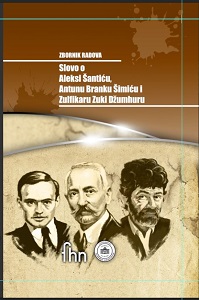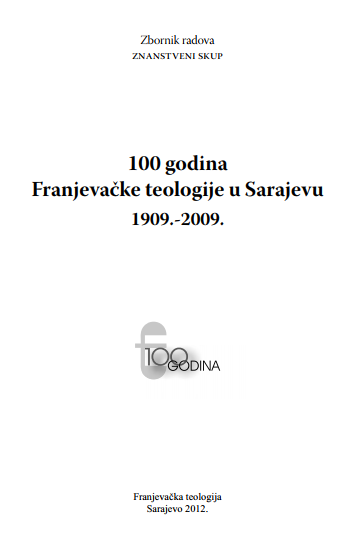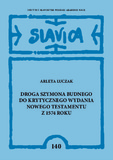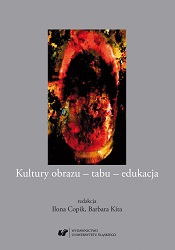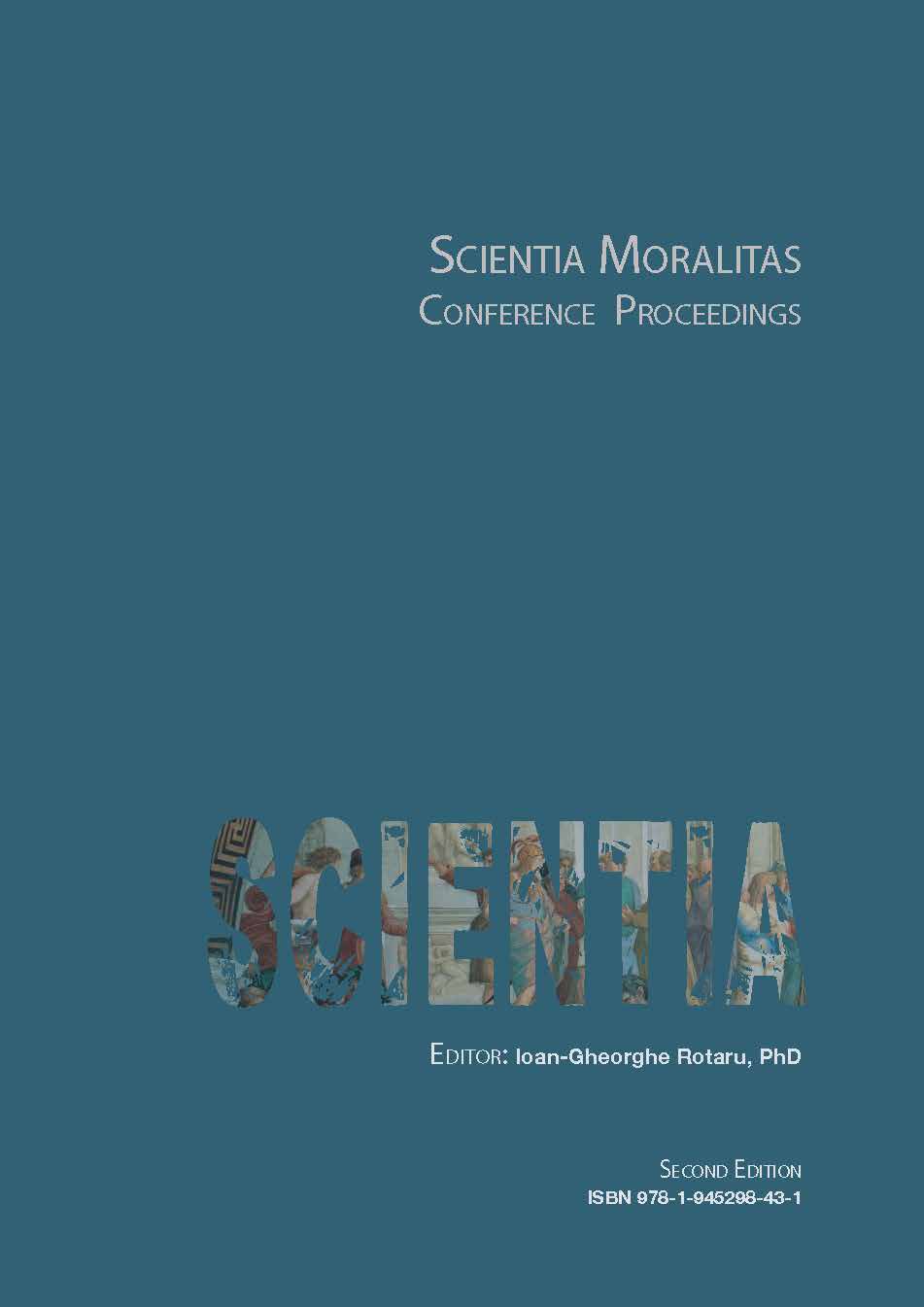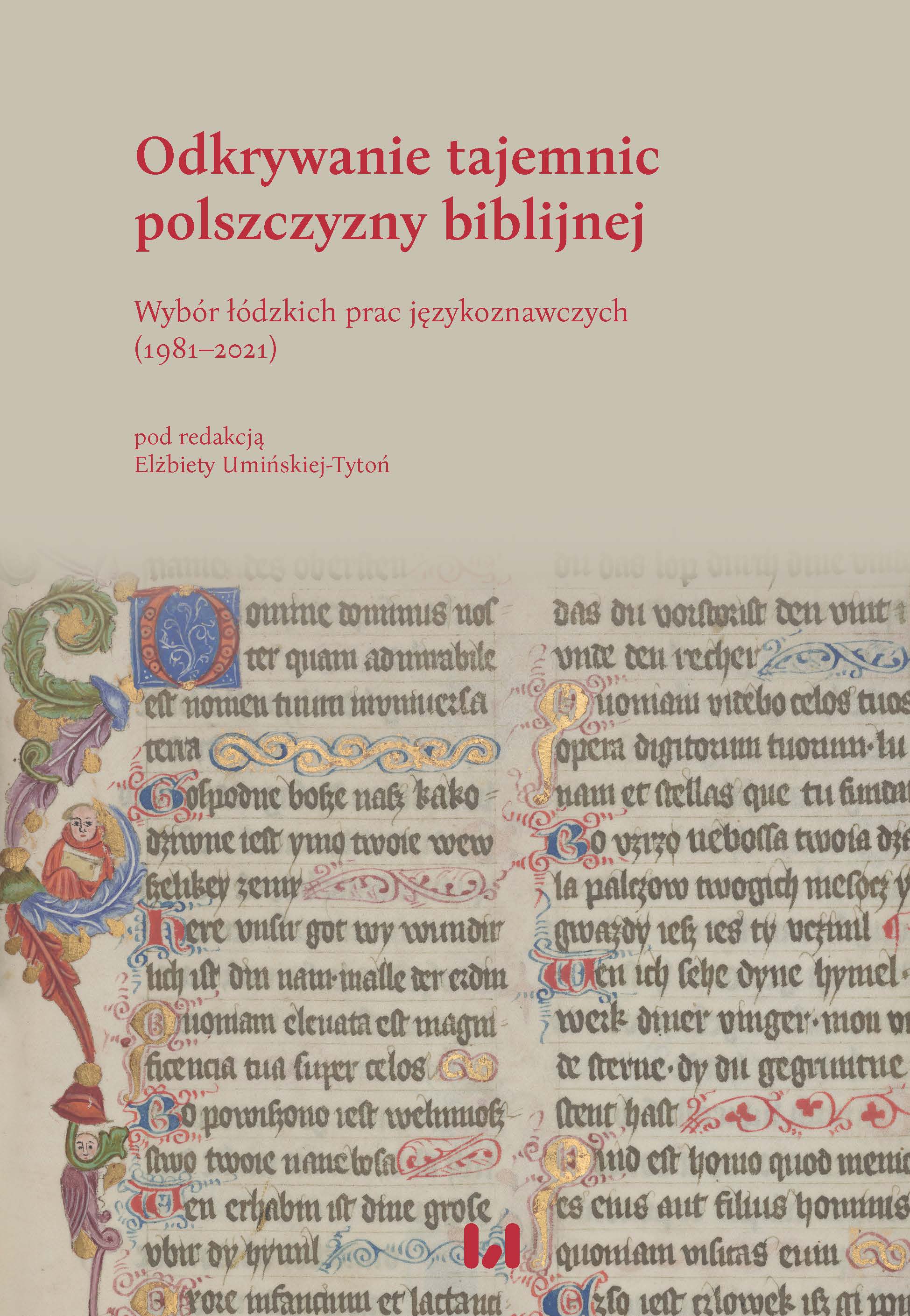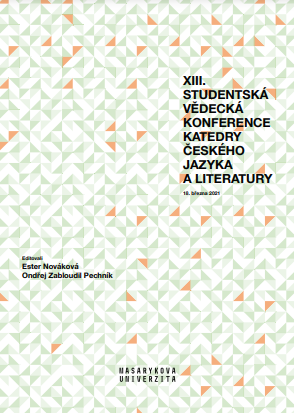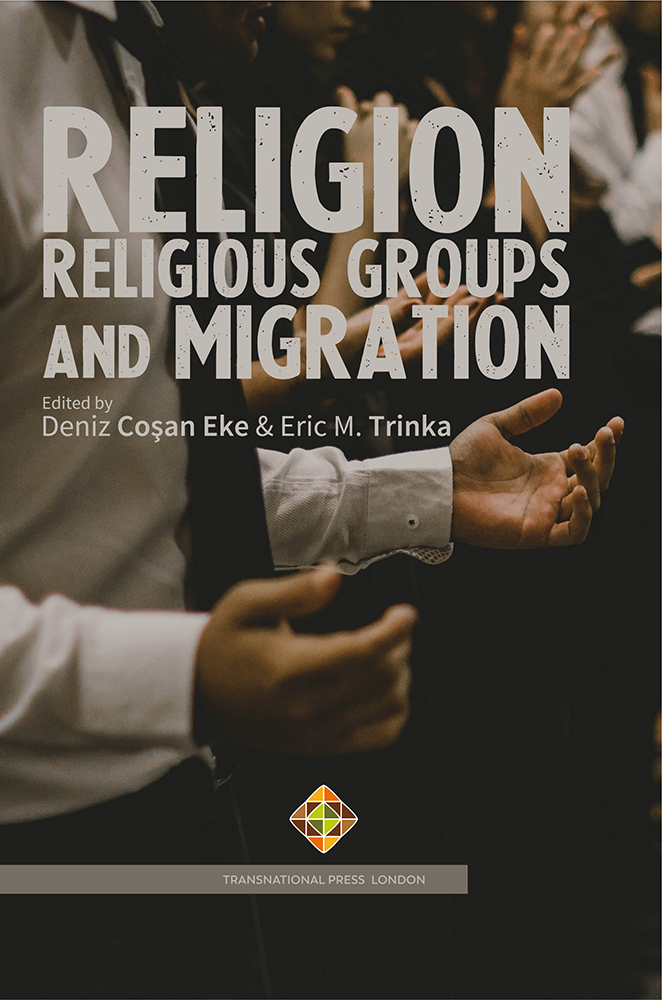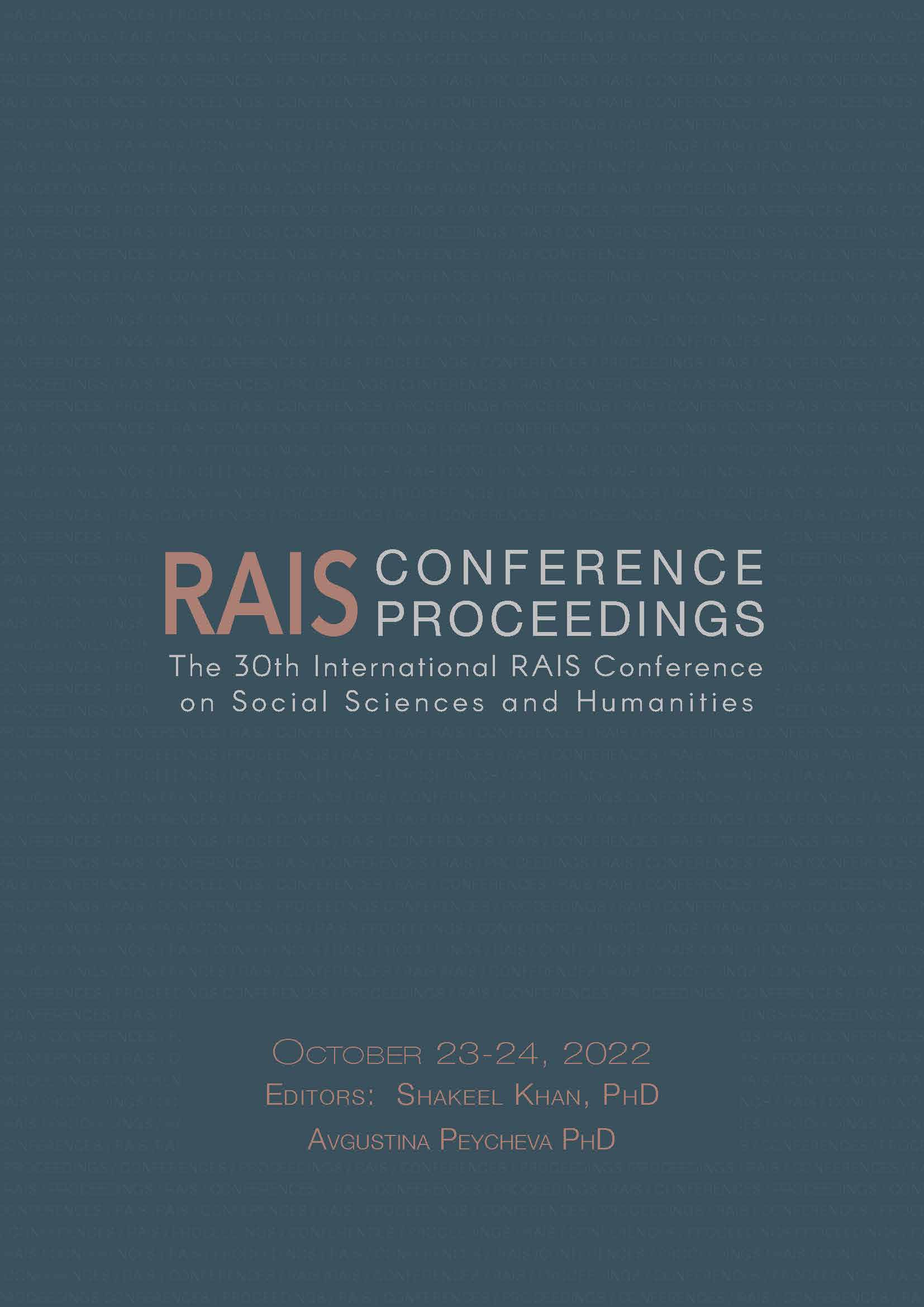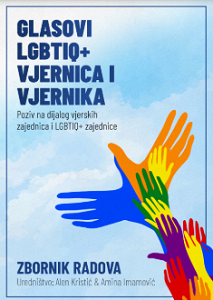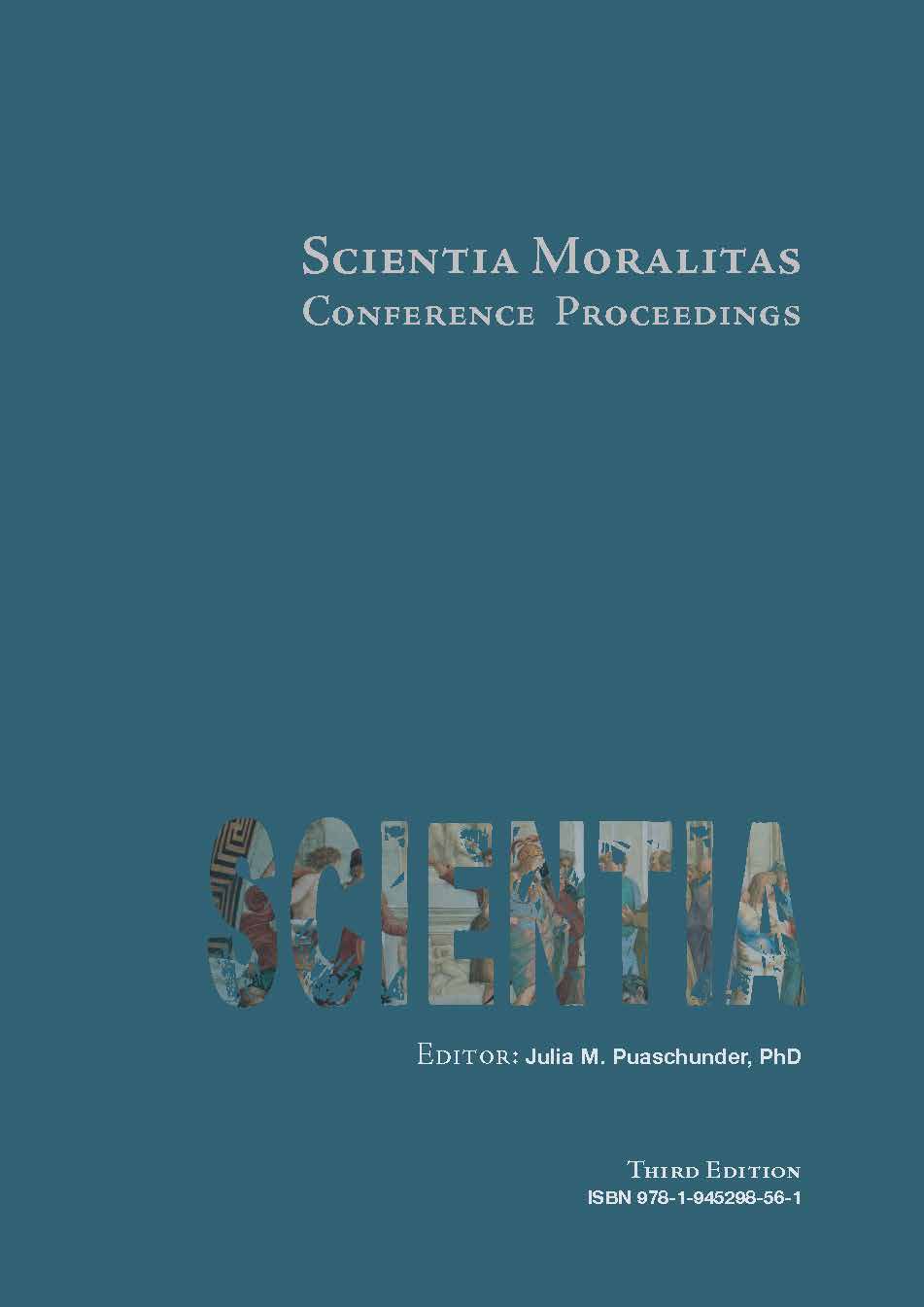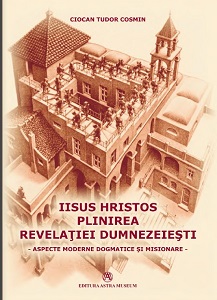
Iisus Hristos – Plinirea Revelaţiei Dumnezeieşti. Aspecte Moderne Dogmatice Şi Misionare
Autorul a reuşit să surprindă în mod panoramic, cu o profunzime deosebită a cercetării raportul dintre Revelaţie şi inspiraţie, arătând în primul rând că acestea sunt lucrări iconomice cu finalitate soteriologică atât a Persoanei dumnezeieşti a Fiului, cât şi a Persoanei dumnezeieşti a Duhului Sfânt; în al doilea rând, autorul prezintă relaţia dintre Revelaţie şi inspiraţie ca o relaţie dintre întreg şi parte, cele două manifestări fiind în mod cert indisolubile şi unitare. De asemenea, autorul demonstrează că Revelaţia nu poate fi confundată cu vreun act derulat în planul secundar al viitorologiei; prin Revelaţie se descoperă voia şi planul iconomic al Sfintei Treimi şi nu neapărat viitorul interpretabil de omul desacralizat. În acelaşi timp inspiraţia nu trebuie să fie circumscrisă „cultului alesului”, nici redusă la subiectivitatea autonomă şi superficială post-modernă, ci ea este – în evaluarea misionară ortodoxă – o sacramentală iluminare a aghiografului de către Duhul Sfânt, fără ca raţiunea, voinţa sau libertatea acestuia să fie în vreun fel afectată.Autorul are meritul de a fi accentuat – într-o viziune profund ortodoxă – centralitatea Mântuitorului, atât în actul Revelaţiei, cât şi al inspiraţiei şi deopotrivă de a opune – în mod salutar – misiunea profetică a Bisericii ocultismului contemporan cu nocivele sale consecinţe. Mai mult, autorul prezintă cu deosebită competenţă cadrul eterodox ce raţionalizează actul inspiraţiei dumnezeieşti prin intermediul ipotezelor: ipoteza instrumentului, a dictării, a mesagerului şi nu în ultimul rând, cea a extazului.Autorul denunţă falsa religiozitate – cu privire la Revelaţie şi la inspiraţie – atât în interiorul creştinătăţii, cât şi în exteriorul acesteia. Astfel, pseudo-religiozitatea creştină occidentală – complet diferită de cea ortodoxă răsăriteană – este redată prin aşa-numita „revelaţie deschisă” şi este fundamentală pentru tot ceea ce numim neo-protestantism; în egală măsură, pseudo-religiozitatea seculară se manifestă printr-o neo-gnoză sau un neo-gnosticism, ce ocultează în tipurile noastre vechiul gnosticism păgân din perioada primară a Bisericii, în fapt fiind o pseudo-cunoaştere ce are un fundament ne-revelat şi se plasează în exteriorul spaţiului ecclesial
More...
